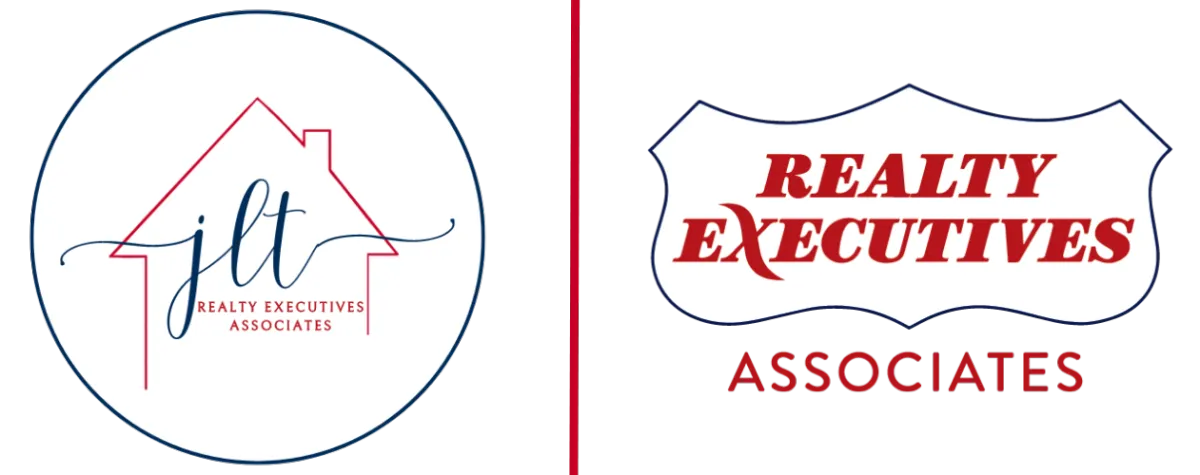How Much Is Your Home Worth?

The 4 Most Common Types of Home Loans and How to Choose the Best One for You
Navigating the world of home loans can feel like stepping into a maze. Whether you’re buying your first home or upgrading to a new one, understanding the different types of loans is key to making an informed choice. Each loan type offers its own advantages and features depending on your unique needs and situation. Let’s dive in and explore the four most common home loans—and help you figure out which one is the best fit for you!
1. Conventional Loans – The Most Popular Option
Conventional loans are typically the most widely used home loan type, especially for borrowers who have a stable financial situation and a solid credit score.
Key Features:
Flexible Loan Terms: These loans come in a variety of terms, usually ranging from 10 to 30 years, allowing you to select the best fit for your lifestyle.
Stricter Qualification Standards: A conventional loan may require a higher credit score (usually above 620) and a larger down payment (typically between 3-20%) compared to other loan types.
Private Mortgage Insurance (PMI): If your down payment is less than 20%, you’ll need to pay PMI, which is an additional cost added to your monthly payment.
While the qualifications for a conventional loan can be tougher, they often come with competitive interest rates and the flexibility to choose your loan terms.
Pro Tip: Make sure to shop around and compare interest rates, as even a small difference can save you thousands over the life of the loan!
2. FHA Loans – Ideal for First-Time Homebuyers
If you're a first-time homebuyer or have a less-than-perfect credit score, an FHA loan could be the perfect option. These loans are insured by the Federal Housing Administration, making them easier to qualify for than conventional loans.
Key Features:
Low Down Payment: FHA loans only require a down payment of 3.5%, which can make it easier for first-time buyers to jump into homeownership.
More Lenient Credit Requirements: If your credit score isn’t stellar, you may still qualify for an FHA loan, as they have more relaxed credit standards compared to conventional loans.
Mortgage Insurance Premium (MIP): FHA loans require both an upfront and an annual MIP, which is included in your monthly payment.
FHA loans are ideal for those looking to get into a home with a small down payment and without needing perfect credit.
Quick Tip: You can use gifts or grants for your down payment, making it easier to come up with the funds!
3. VA Loans – A Military Benefit
If you’re a veteran, active-duty military member, or a surviving spouse, the VA loan program offers tremendous benefits that can make homeownership easier and more affordable.
Key Features:
No Down Payment: One of the biggest advantages of VA loans is that they often don’t require a down payment—saving you thousands upfront.
Competitive Interest Rates: VA loans typically offer lower interest rates than conventional loans, making them even more affordable in the long term.
Small Funding Fee: While there is a small funding fee, it is usually much lower than private mortgage insurance (PMI), and you can roll it into the loan amount.
If you're eligible for a VA loan, it’s one of the best deals on the market, so be sure to take advantage of this valuable benefit!
Did You Know? The VA funding fee can be waived for veterans with a disability rating, so make sure to check your eligibility!
4. USDA Loans – Perfect for Rural Homebuyers
Looking to live in the country or a suburban area? USDA loans are a great option for low- to moderate-income buyers who want to buy homes in rural and suburban locations.
Key Features:
No Down Payment: Like VA loans, USDA loans typically do not require a down payment, which is a huge benefit for those with limited savings.
Income Limits: USDA loans have income restrictions, so make sure your household income falls within the limits set by the program.
Rural Area Eligibility: The property must be in a designated rural area, which is where many affordable homes can be found.
If you're open to moving outside of the city and want a great deal on your home loan, USDA loans are worth considering.
Tip: Check USDA's eligibility map to see if the property you're eyeing qualifies!
How to Choose the Right Loan for You
Choosing the right loan for your unique situation comes down to understanding your finances, credit score, and future goals. Every loan type offers different benefits, and what's right for you depends on factors like whether you have a large down payment or whether you qualify for special programs (like VA or USDA loans).
Pro Tip: It’s always a good idea to talk to a mortgage lender about your options before deciding. They can guide you toward the best loan program for your financial situation and long-term goals.
Homeownership is an exciting journey, and choosing the right loan can make all the difference.
Disclaimer: This information is for general knowledge and informational purposes only and does not constitute financial, tax, or legal advice. We are not lawyers, financial advisors, accountants, loan officers, or mortgage brokers. Please consult with a qualified professional to understand your specific needs.





